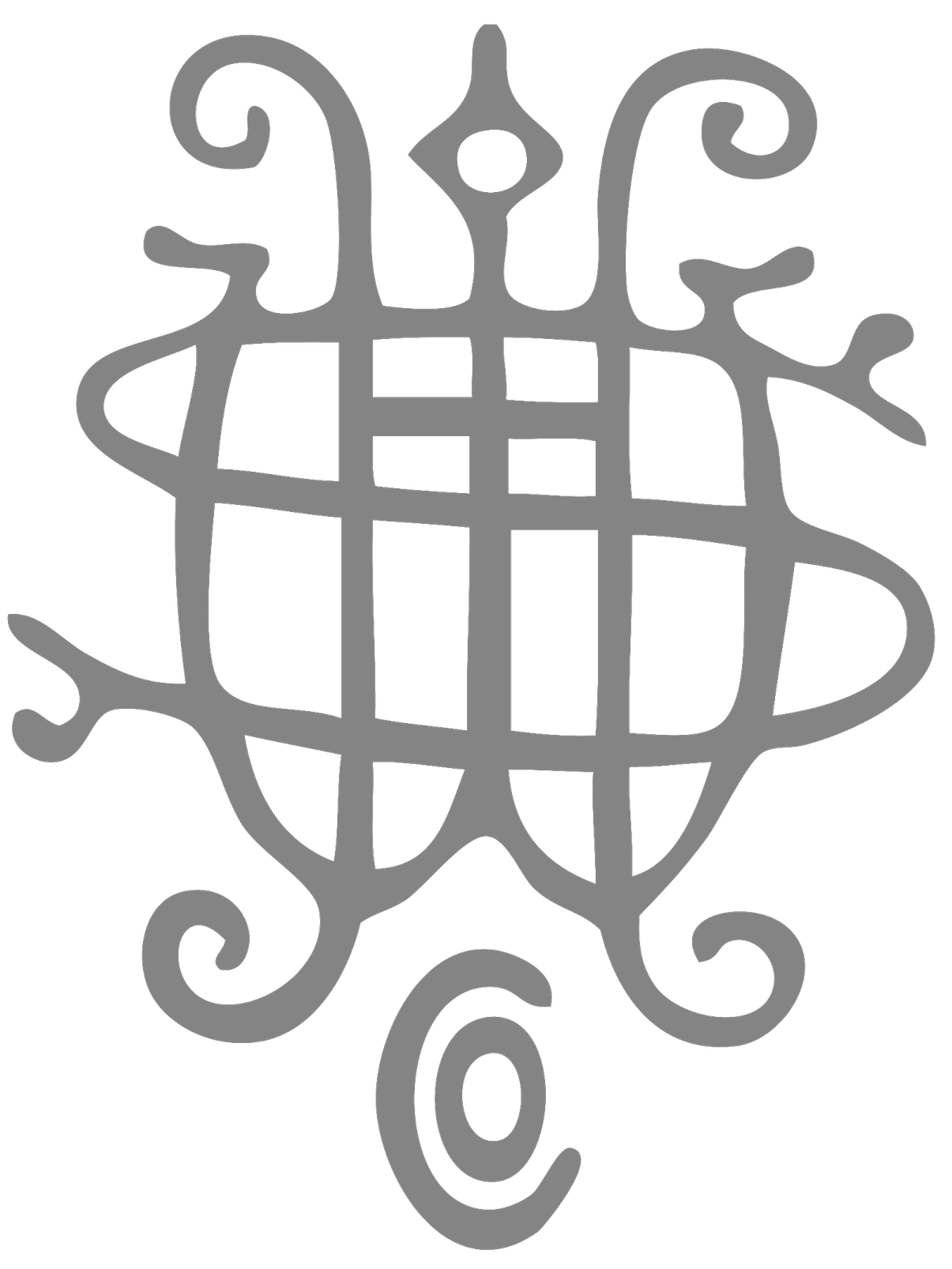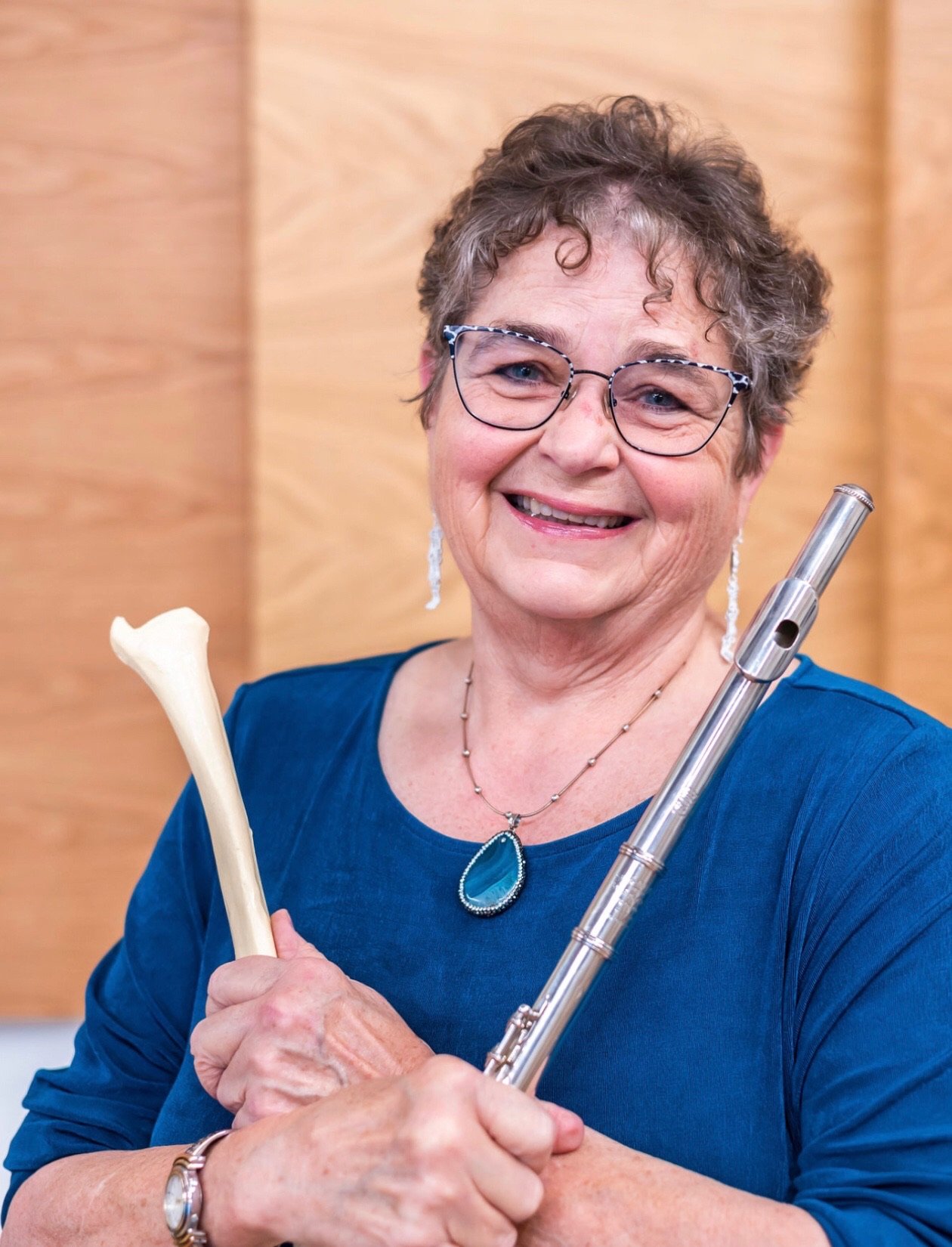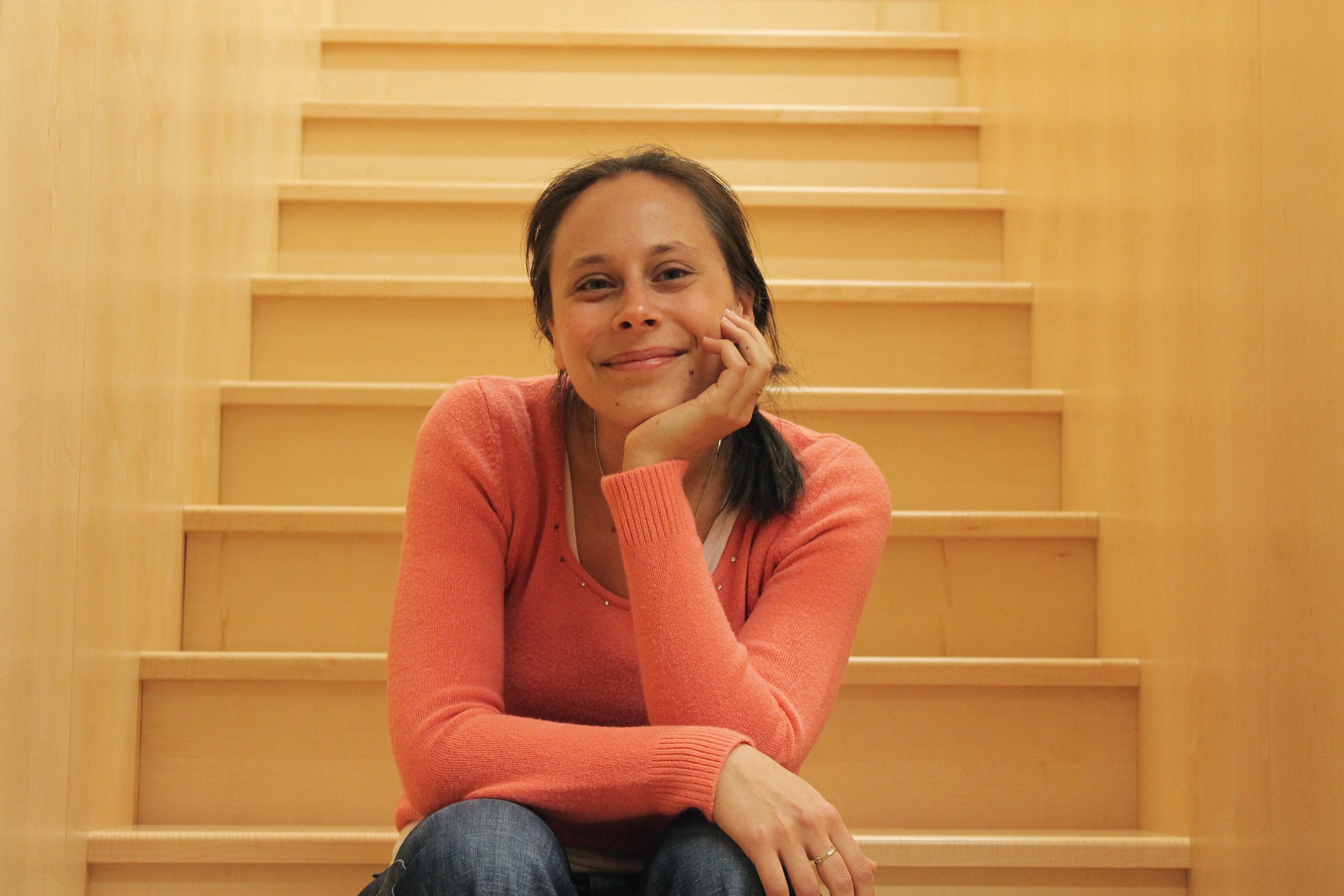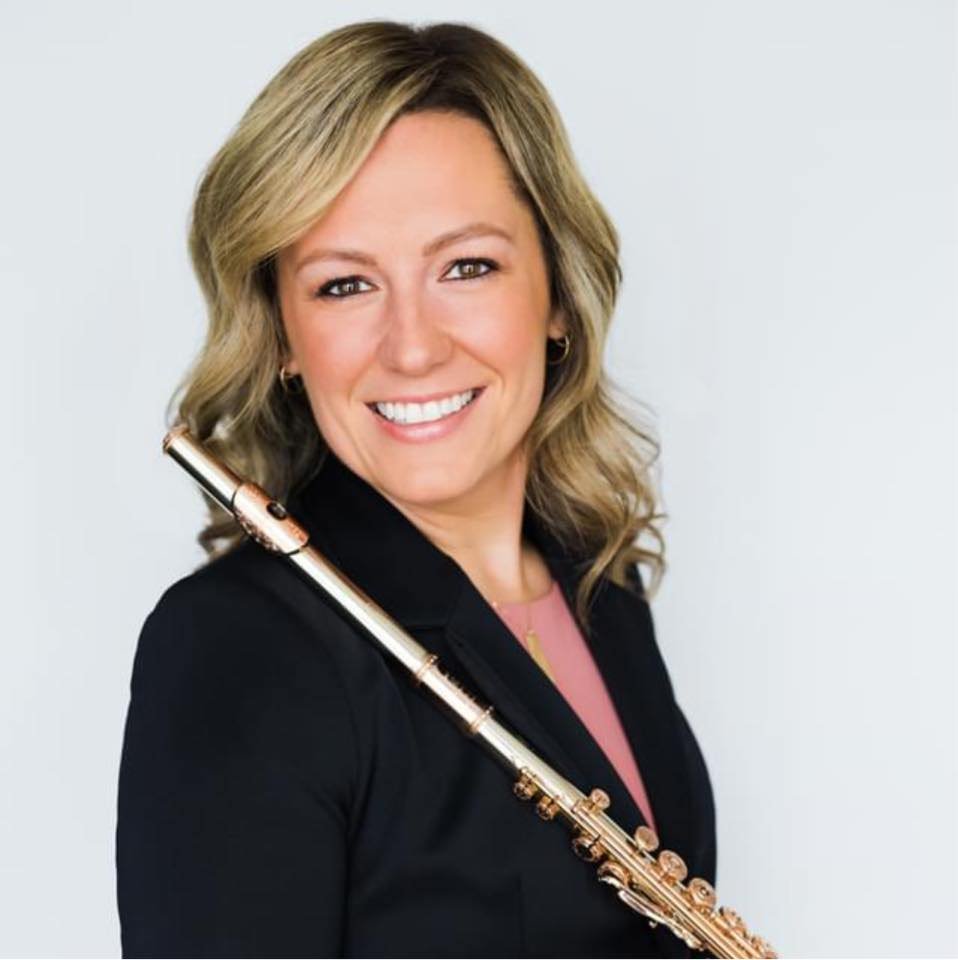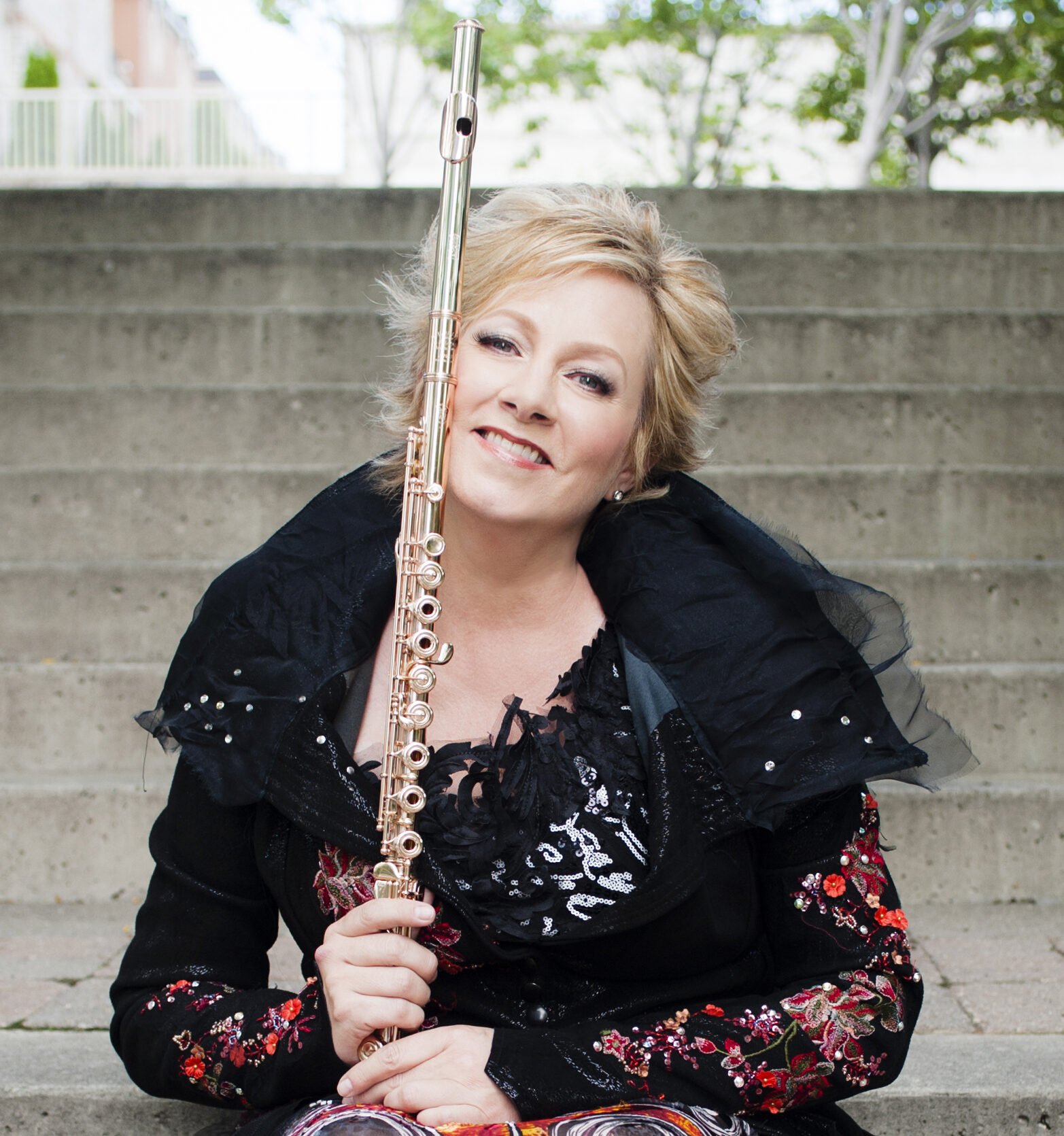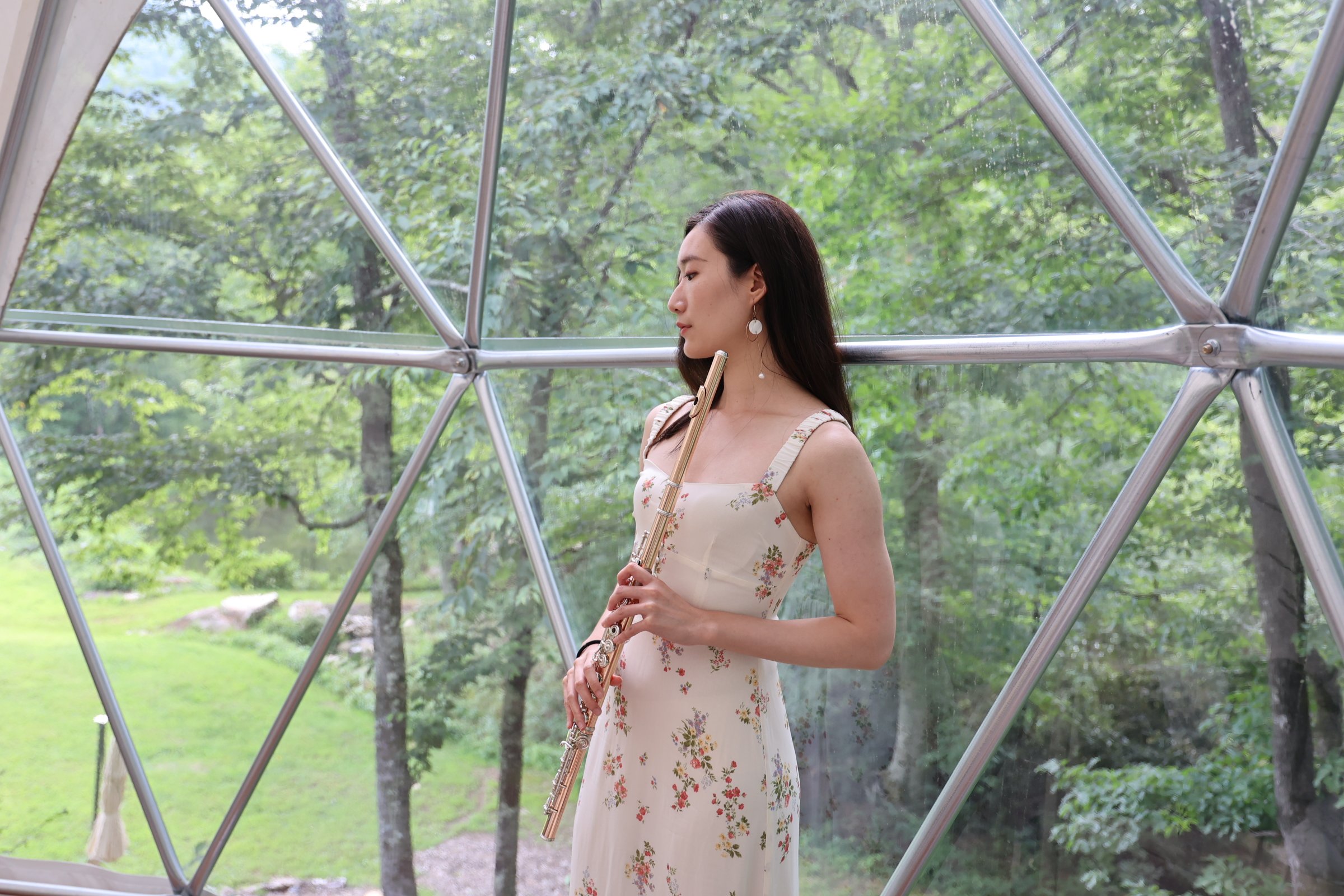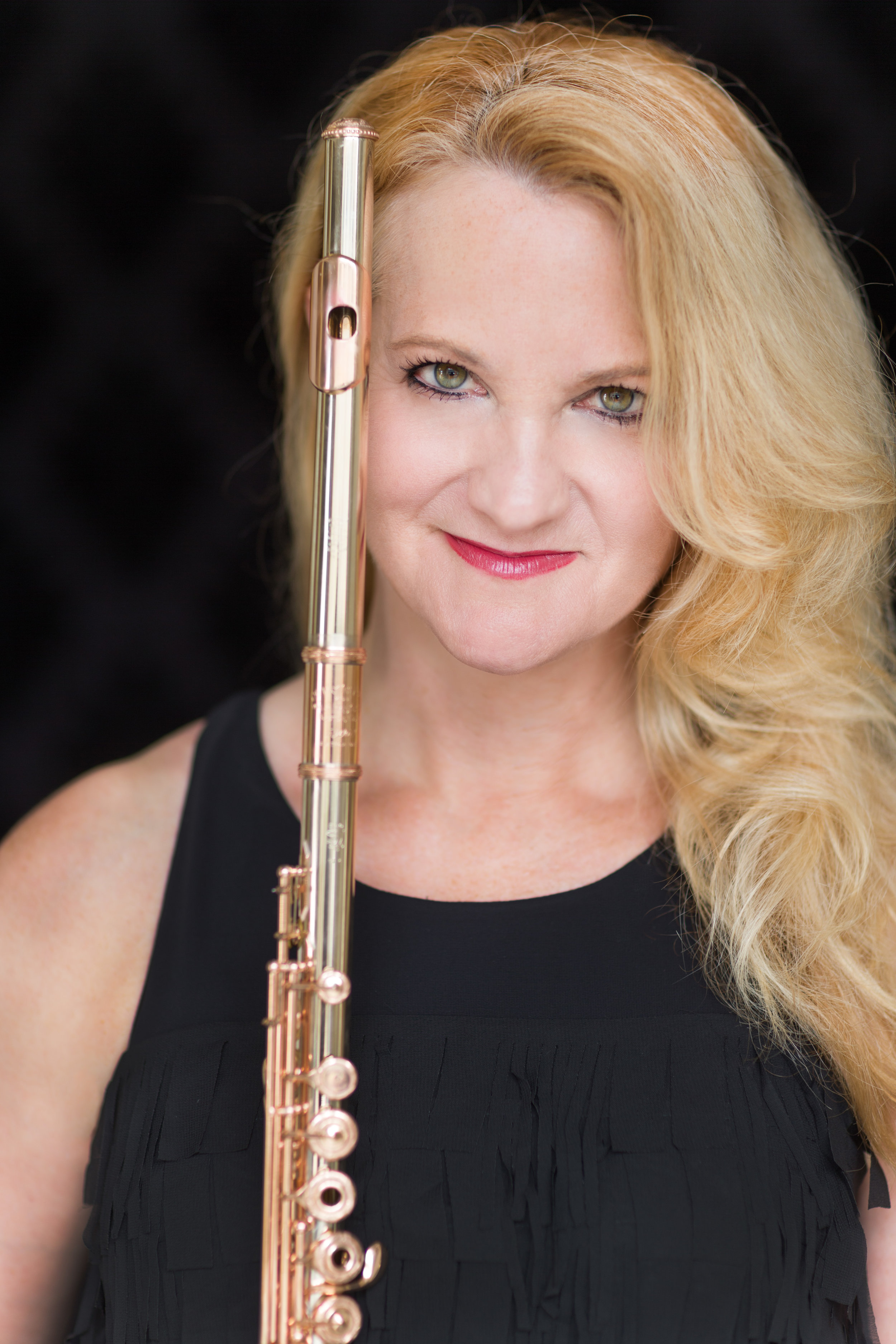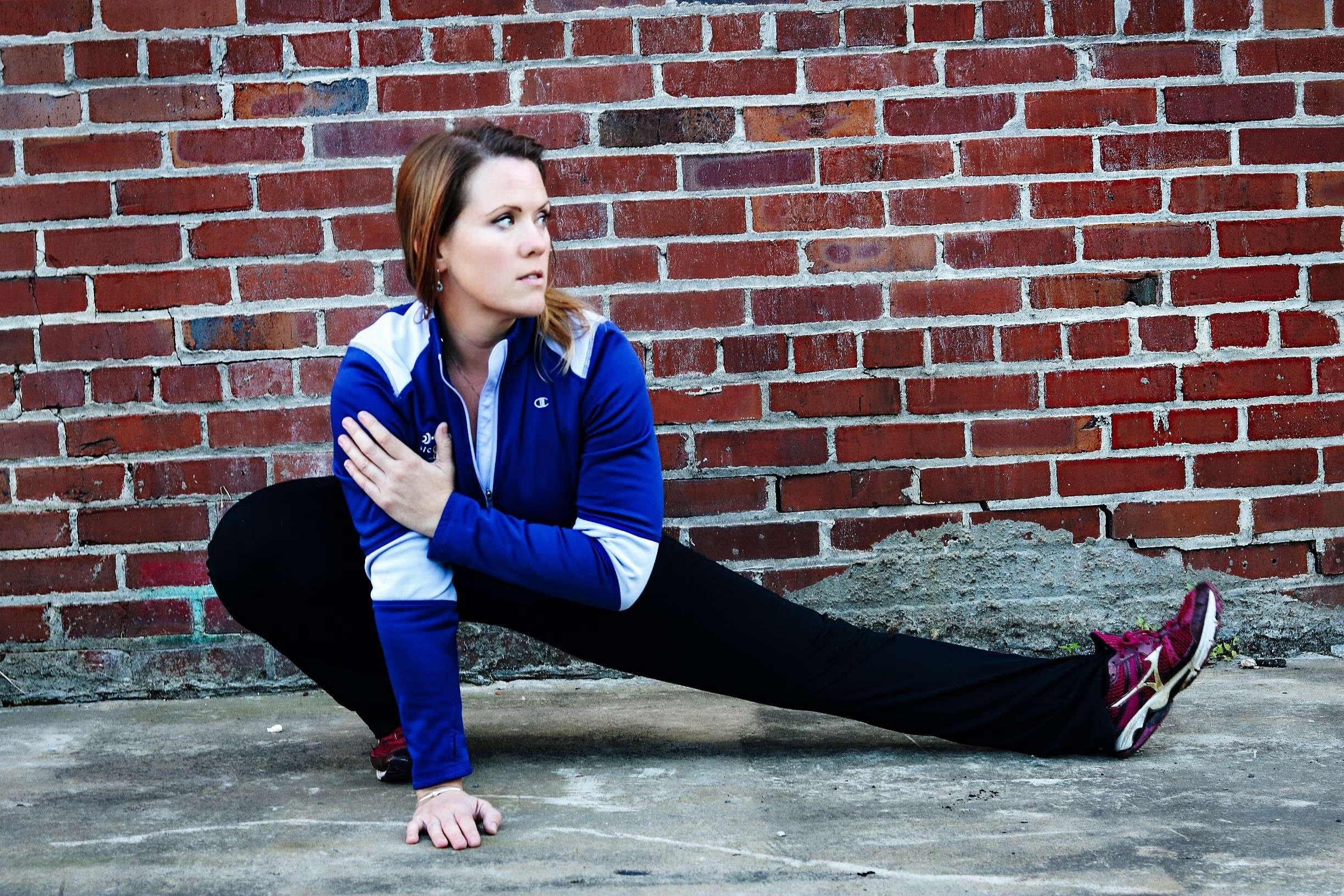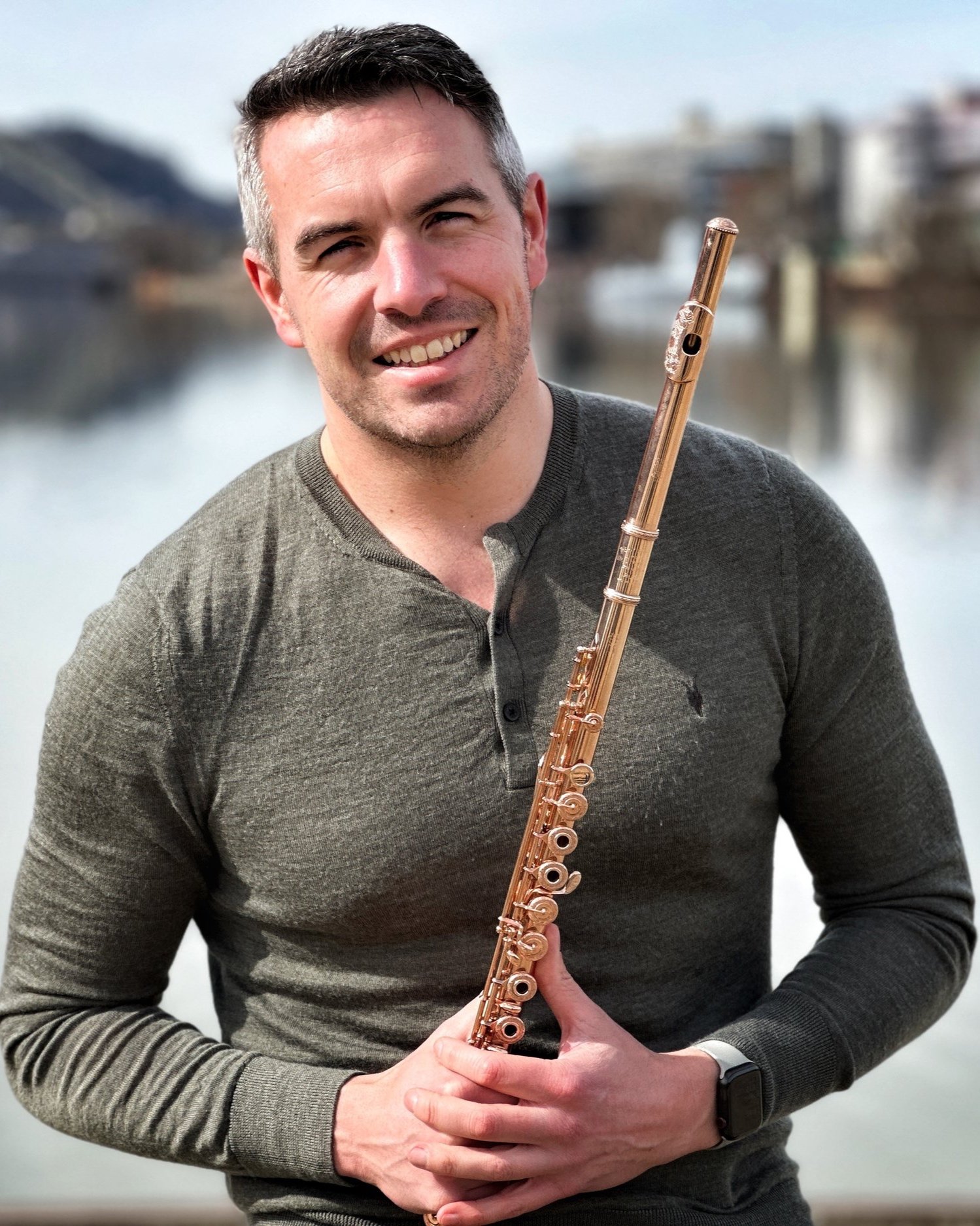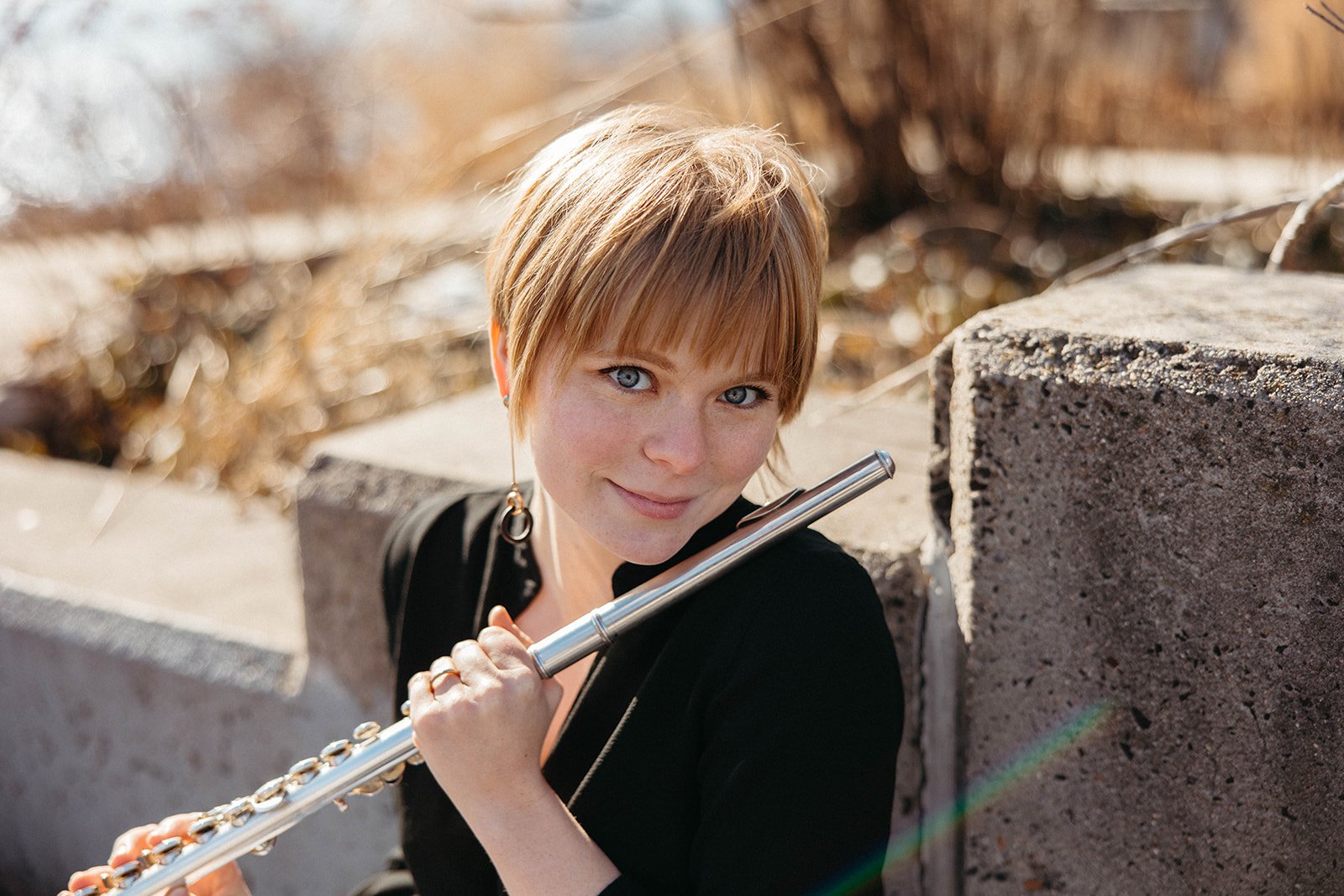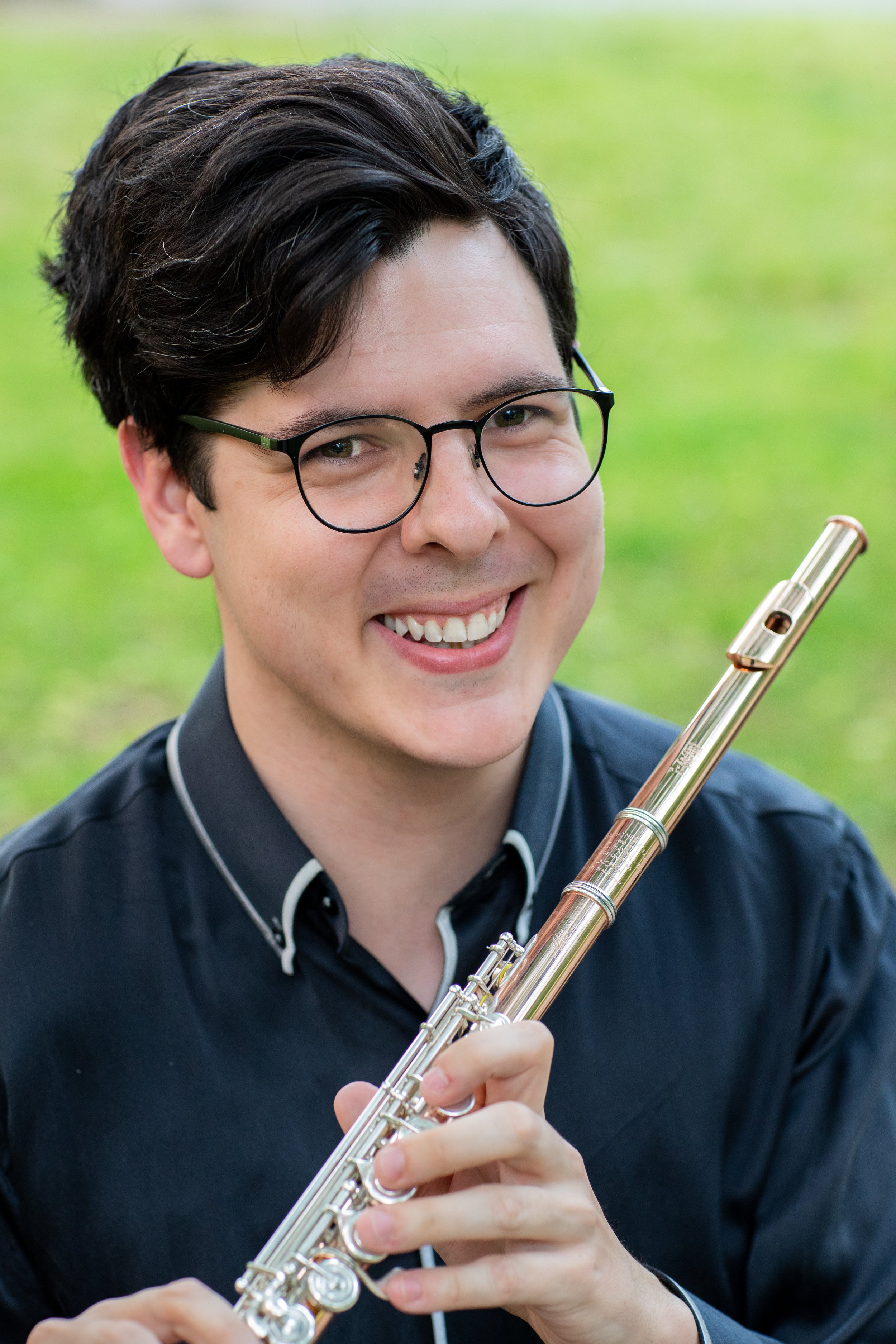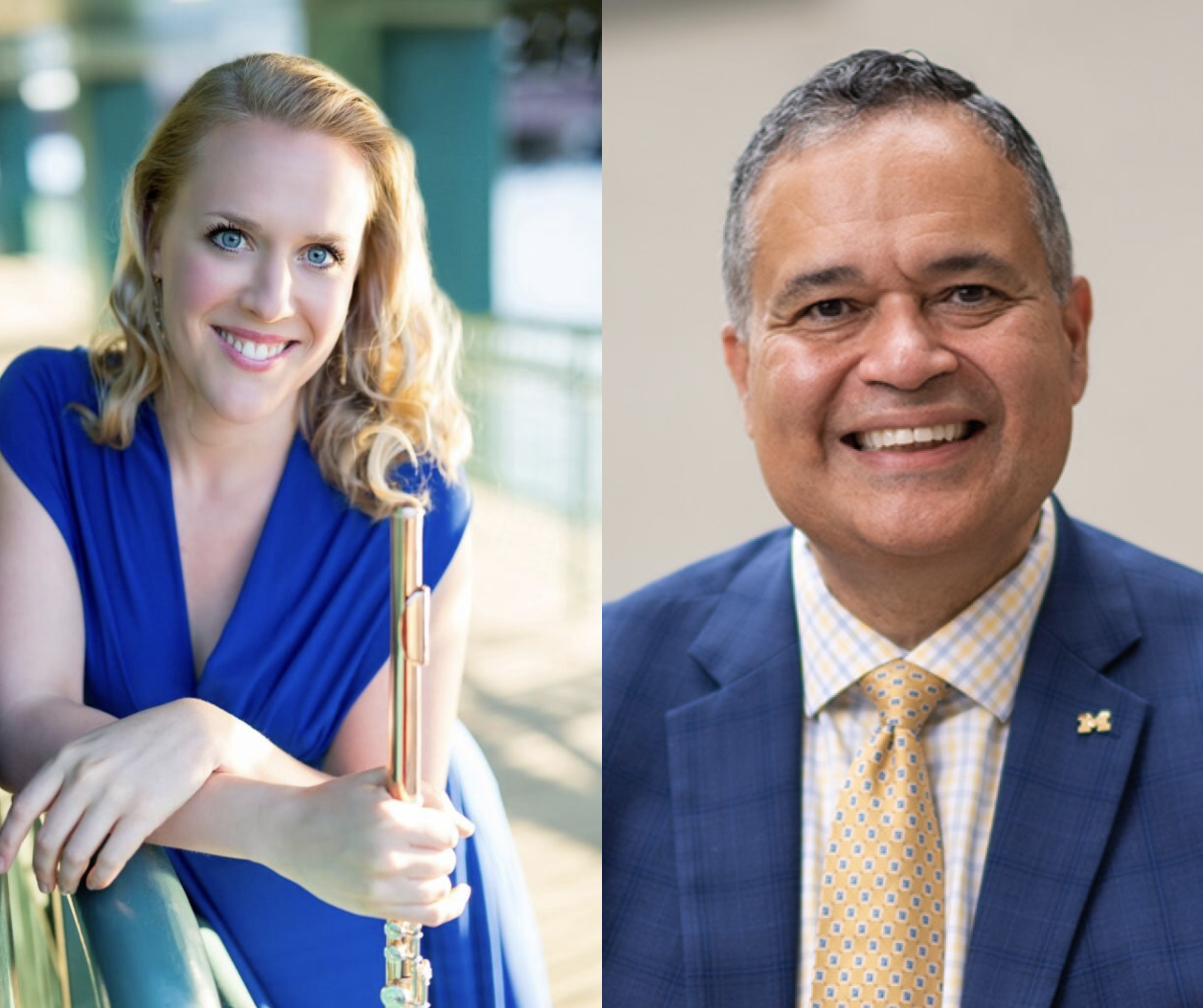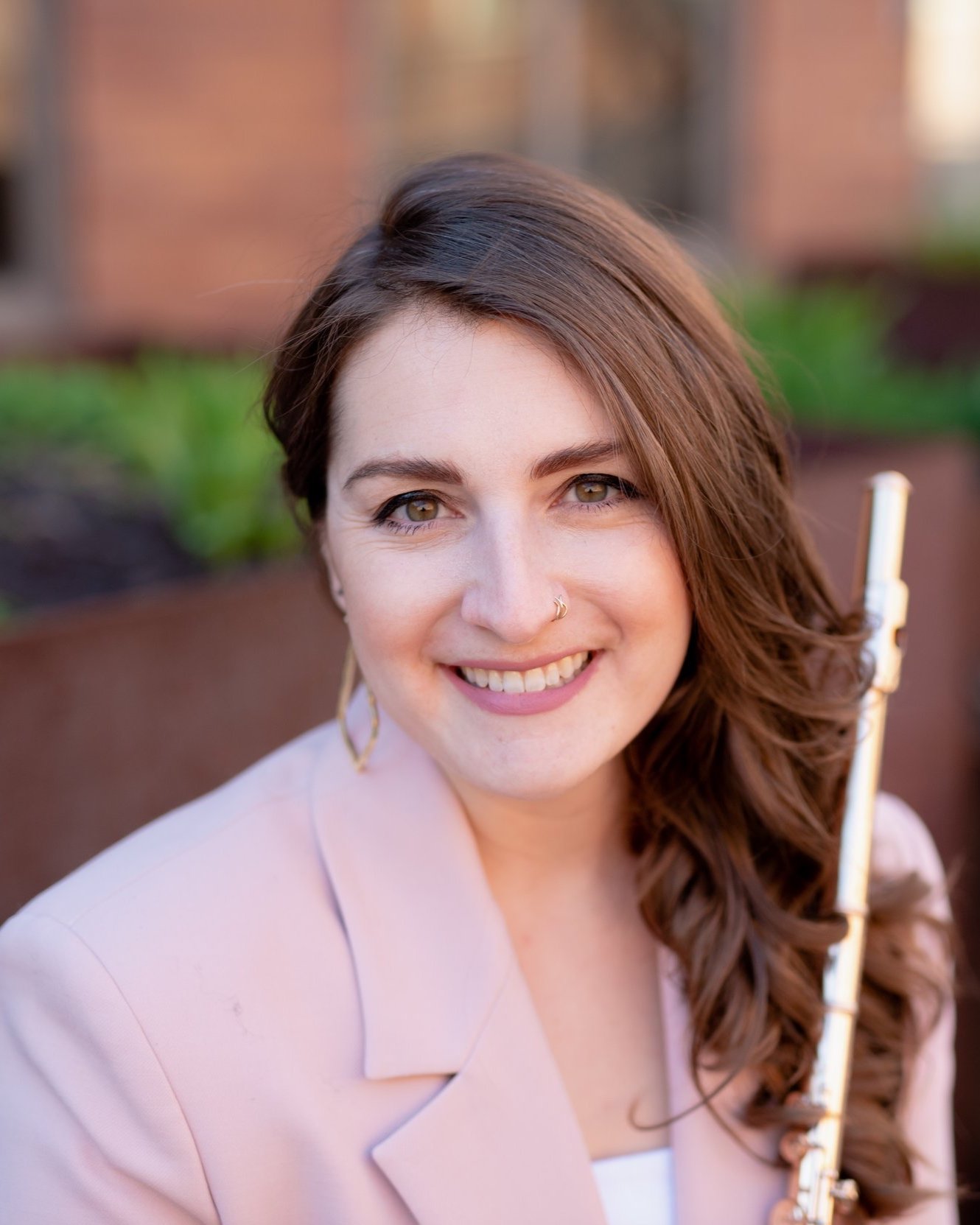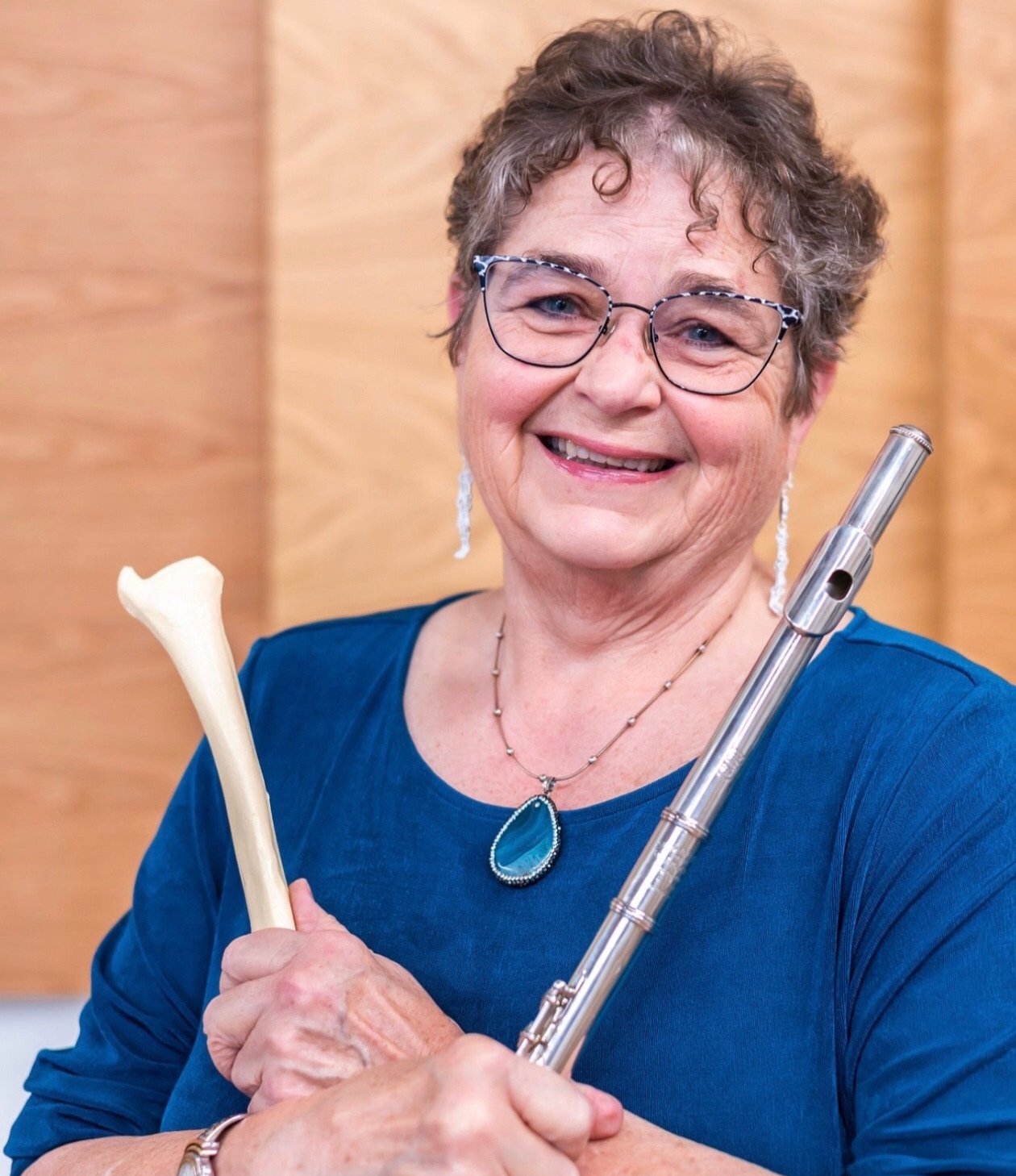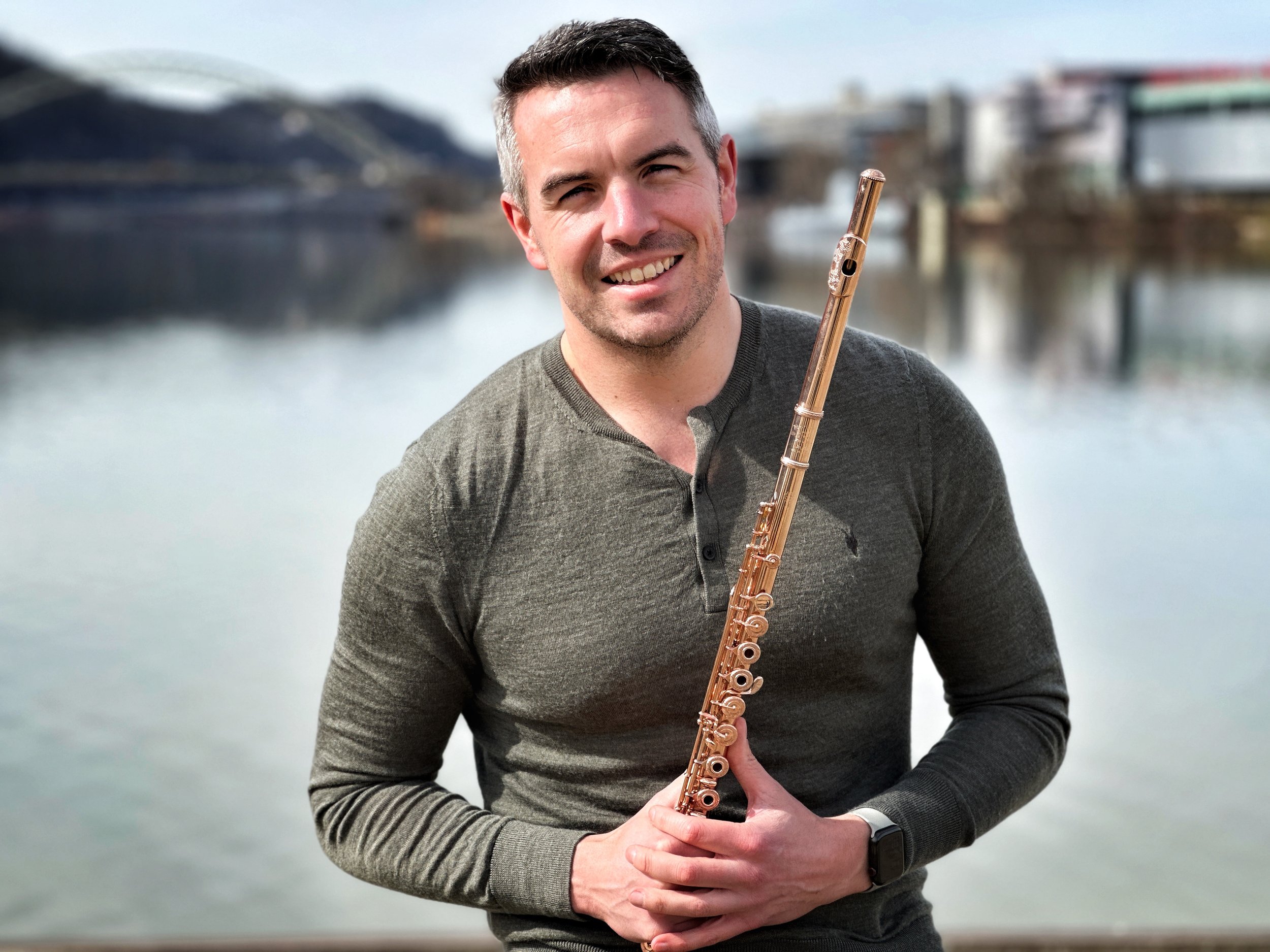Start 2024 Right.
The Wm. S. Haynes Company and Flute World held the 1st Annual Haynes Health & Wellness Virtual Summit - a two-day event featuring several world-renowned Haynes Artists, Young Artists, and experts in the Health and Wellness field - all aiming to help you start the New Year off in the best possible physical, mental, and musical state.
Following the addition of Music Minus Pain Founder, Lea Pearson, to the Haynes Artist Roster, and the wealth of wellness content in our Haynes University course offerings, we were delighted to offer this special event focused on self-care and self-improvement for flutists.
The Summit covered topics such as injury prevention, mental preparation in practice and performance, holistic approaches to teaching and music-making and much more!
Passes to view all the recordings and resources for the event are just $25 OR you can access for FREE by either
1) Registering your Haynes flute
2) If you’re a teacher, becoming a member of Club88 for Educators
This summit was two informative, enriching, health-giving days of expert advice from some of the most respected voices in the business of well-being for musicians. We really feel like we started 2024 in the best possible way with this virtual summit.
Links to the Resource Page which hosts the recordings from the weekend have now been sent out to all attendees.
If you’re not sure please check your SPAM folder to check if the details have been received.
If you cannot find the details in your SPAM folder - please order your pass again and select the “I already purchased a pass or applied for a free pass but didn't receive the resource page details” option and create a new order for free. The resource page URL details and password will be in the confirmation email.
Any new registrations/purchases will receive the Resource Page details and password in your confirmation email.
All sessions are available to watch until February 10th.
Schedule
Click on the photos to jump to the class description
(Schedule May be subject to alteration)
Saturday January 6th
Sunday January 7th
Summit Presenters
Summit Headliner & Co-curator Lea Pearson
Music Minus Pain Founder Lea Pearson DMA
Saturday Opening session: Why are we here?
How are mind, body, and heart vital to making music that heals us and the world?
There is a reason we are so hungry for experiences of wellness and wholeness in our music making. Our traditional music training has lacked some essential ingredients! Join me to discover what we’ve missed, how it has affected us, and how we can revive those vital elements into our teaching and playing.
Sunday Closing session: What do we do now?
Transforming what we’ve learned into more meaningful teaching and music making.
All of the expert sessions you’ve experienced have one thing in common - the body, or somatic experience. Every aspect of flute playing involves the body and its relationship to our thoughts, emotions, and experiences. We’ll incorporate the most important things you’ve learned into a pedagogy of prevention, recovery, and restoration that will help you become a more powerful and influential teacher and performer.
Musician’s Focal Dystonia: A new, holistic perspective and its implications for rehabilitation and prevention with Anna Détári, MA, MSc, PhD
This session will provide a general overview of Musician’s Focal Dystonia (MFD; also known as Musician’s Cramp), a task-specific neurological movement disorder affecting highly skilled musicians. We will examine the condition from various perspectives, including ongoing research, the process of diagnosis, and available treatments and therapeutic approaches. To demystify the condition, we will debunk common misconceptions and discuss the shortcomings of overly simplified theories and approaches. We will also touch on how false information can lead to serious consequences by aggravating negative attitudes in musicians both with and without the disorder. Following this section, we will turn our attention to flautists and how the condition can impact them, looking at the most common maladaptive movement patterns, both in the hands and in the embouchure.
To provide a broader understanding, I will introduce my newly constructed holistic model of MFD which, in addition to the medical theories, includes psychological, psychosocial, and behavioural contributing factors, and I will discuss the model’s implications for rehabilitation. I will share general practical advice for reducing the symptoms based on my research, my work as a coach for the past 10 years, constant communication with other practitioners and coaches, and my own personal journey with the disorder.
Finally, we need to acknowledge that understanding the developmental trajectory of the disorder is also important from the perspective of prevention. Therefore, at the end of the session, I will share some thoughts on how to reduce the risks of developing the disorder, highlighting how music educators might be our best allies to lessen the number of new cases.
“Demystifying Anatomical Locators” with international performer, educator, collaborator and Assistant Professor of Flute at the University of North Carolina Greensboro Erika Boysen and Associate Vice President and Associate Dean for Health Equity and Inclusion; Professor of Otolaryngology-Head and Neck Surgery David J. Brown MD
Let's discuss flute playing from the inside-out. Topics and exercises regarding tone production, legato playing, vibrato, and breathing are examined from both pedagogical and anatomical perspectives. Each topic will feature video footage/visual representation of recent studies regarding the laryngeal movement of flutists.
“Breath Mastery: A Study in Peak Performance Possibilites using "My Breathing Buddy" with Amy Porter
Amy Porter’s “My Breathing Buddy” shows breath in the palm of your hand! An educational, anatomically correct moveable lung/diaphragm ribcage simulator from Amy Porter’s Anatomy of Sound Team. My Breathing Buddy is a groundbreaking 3-D printed moving breath simulator that lets you physically hold and see, on the outside, what’s happening on the inside of your body – every time you breathe. My Breathing Buddy was built in response to the specific needs we have seen and heard in the performing arts and arts educators, and students.
Back to top
Rest is Not Rehab: Fixing a Flutist's Pain Points Using Strength Training with Angela McCuiston
What do we do when something hurts? Usually we're told to rest. But when we return to the activity that caused the pain in the first place (like playing flute) the pain comes right back. What do we do? In this interactive workshop, you'll learn the basics of what you can do to help yourself and your students or colleagues stay out of pain using corrective exercise flows for the most common pain points for flutists: wrist, neck, behind the shoulder blades, etc. Come away feeling empowered to help yourself and others instead of helpless so you can have the long, pain-free playing career your deserve.
Angela McCuiston, NASM-CPT, CES, SFS, M.M. owner of Music Strong, a business that specializes in fitness for musicians. Winner of the 2007 NFA Piccolo Masterclass, she is Assistant Principal/Piccolo of Sinfonia Gulf Coast, the 313th Army Band and former chair of the NFA Performance Health Committee. www.MusicStrong.com
"Mindset Training for Music Teachers" with Chelsea Tanner
Join us for Mindset Training for Music Teachers! This class is for teachers who want to better understand themselves, and their students, and how to effectively communicate and motivate. In this hour, you'll learn a framework for how mindsets operate, how to show up with a clear mind for every lesson, and how to hold space for your students' experiences and emotions. These are tangible tools you can start implementing right away in your teaching, and in your own practice room.
“Mental Preparation for Performance” with International soloist, chamber musician and JUNO-nominated recording artist, Professor of Flute at The Glenn Gould School at the Royal Conservatory of Music & University of Toronto Susan Hoeppner
We learn how to play our instrument, but not necessarily how to approach the actual performing experience. After all the technical, musical, interpretive preparation and many, many hours of work, there is still the potential to fall apart on stage. Why?
We have the ability and capacity to improve technically - we can always get better with the physical work. But we don't take the time - and realize the importance of - the mental preparation needed for a successful performance. The mind has enormous power and we don't think to access this strength. When we are "too busy being busy" we cannot get a good grounding and focus. I'd like to share some tips on how to achieve more success with every performance!
Back to top
Motivation: Not Your Friend with International Soloist, Recording Artist, Renowned Educator, Composer and Haynes European Artist-in-Residence, Gareth McLearnon
Gareth McLearnon is ordinarily in worldwide demand for his engaging, innovative and entertaining teaching style.
Motivation: Not your Friend - a class looking into PRACTICE - and the power of habit formation both in life and in flute playing. How to effectively plan for success and flourishing fluting!
“The Aging Flutist” with internationally renowned pedagogue, performing artist and leading expert in the field of the Senior Adult Music Making, Dr Korinne Smith
This session will examine the most common physical challenges that aging flutists are confronted with and pedagogical tools that work best for these challenges. If you teach this category of flutist, come and learn how to best adapt your teaching style to fit the needs of your students. If you identify as an aging musician yourself, come and discover how to combat your challenges and find the solutions to physical issues you may face now or possibly in the future.
“Injury Prevention Exercises for Flutists” with Ziqing Guan
Most flutists understand the basic and essential methods of avoiding injury: ample rest, stretching, and exercising. But how to process these injury prevention methods more precisely and efficiently? For example, what frequency of breaks during a prolonged practice session is beneficial? What common postures need to be rectified or avoided? What exercises can truly help to prevent injury? The purpose of this workshop is to help flutists better understand the major muscle groups that we use in playing the flute, how these muscles are affected by flute-playing, and to introduce exercises that are easily added to a flutist’s daily practice routine to help prevent injury and promote musculoskeletal health.
Note: make sure there is enough personal space to perform exercises with Ziqing
Back to top
“Can you learn a piece without practicing it? An examination of mental practice” with Matthew Lee
Have you ever been instructed to engage in "Mental Practice" by your teacher but found yourself uncertain about where or how to begin? Or perhaps you're facing a situation where practicing your musical instrument is challenging or even impossible. This workshop/presentation aims to equip you with valuable tools to enhance your repertoire of practice strategies.
We will guide participants in the process of initially understanding what practicing truly entails, with a particular focus on EFFECTIVE practice. We'll also explore the crucial questions that need to be addressed in the practice room. Within this context, we will delve into what I refer to as the two aspects of mental practice: concrete and abstract.
“Flute Pedagogy as a Creative and Healing Practice” with Aimee Toner
Through her work as a private instructor, teaching artist, and classroom teacher in a diversity of programs, Aimee has been captivated by the extensive power of music instruction in relationship building, community belonging, and self-awareness. This course will encourage participants to reflect on flute pedagogy practices and explore new avenues of healing and creative methods for teaching the flute.
The session will cover topics in Social and Emotional Learning, Improvisation, Goal-Setting, and Community Building as it relates to teaching private flute lessons. Participants will leave the program with a newly drafted teaching statement that reflects their core values as educators.
